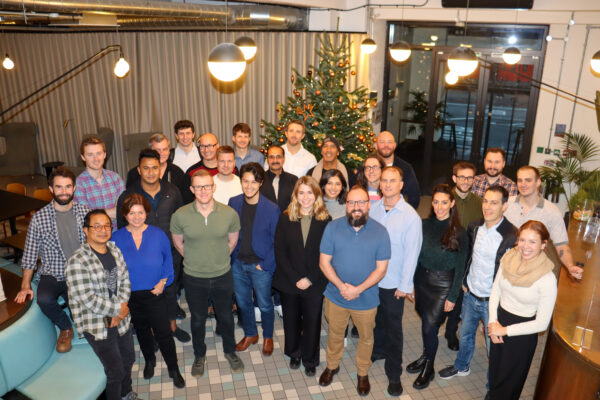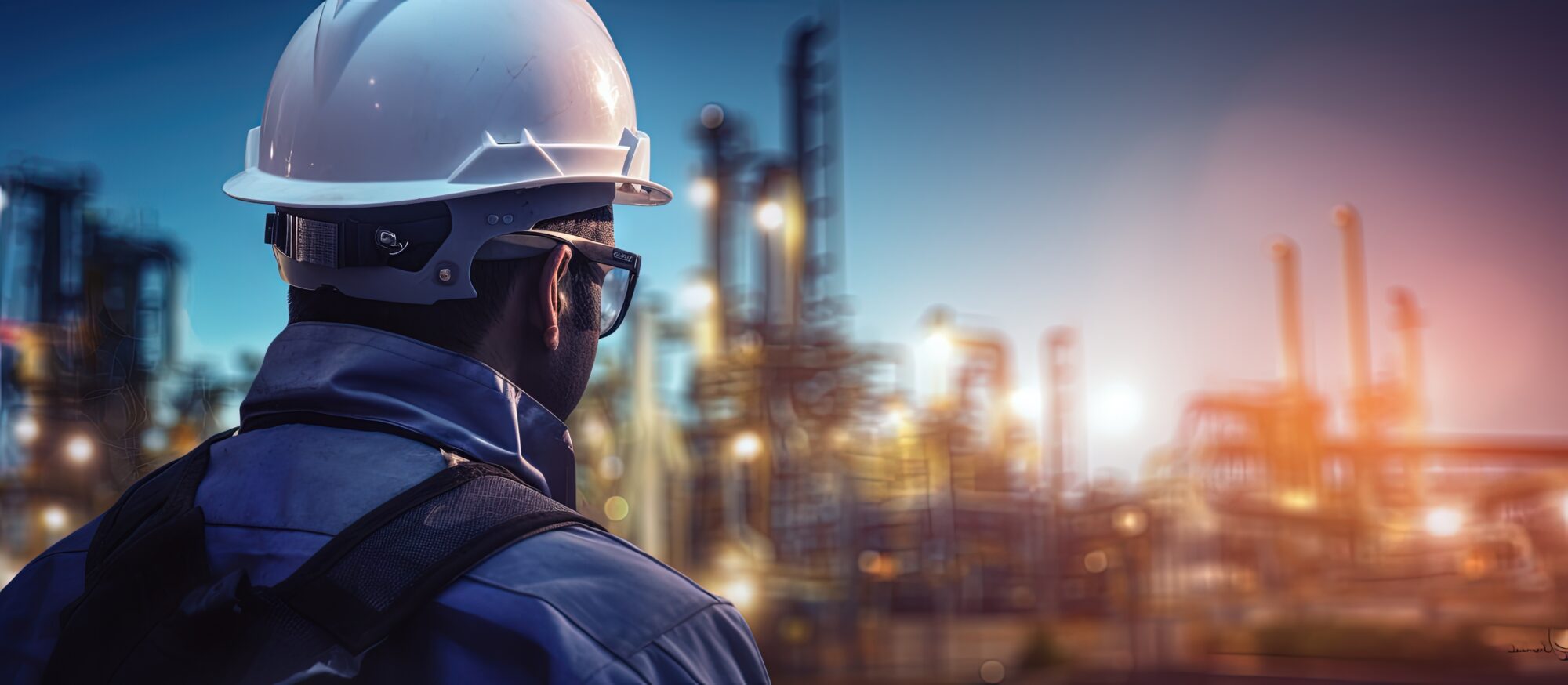
PD&MS Group
Mark Davison, Group Vice President of Engineering & Technical Services
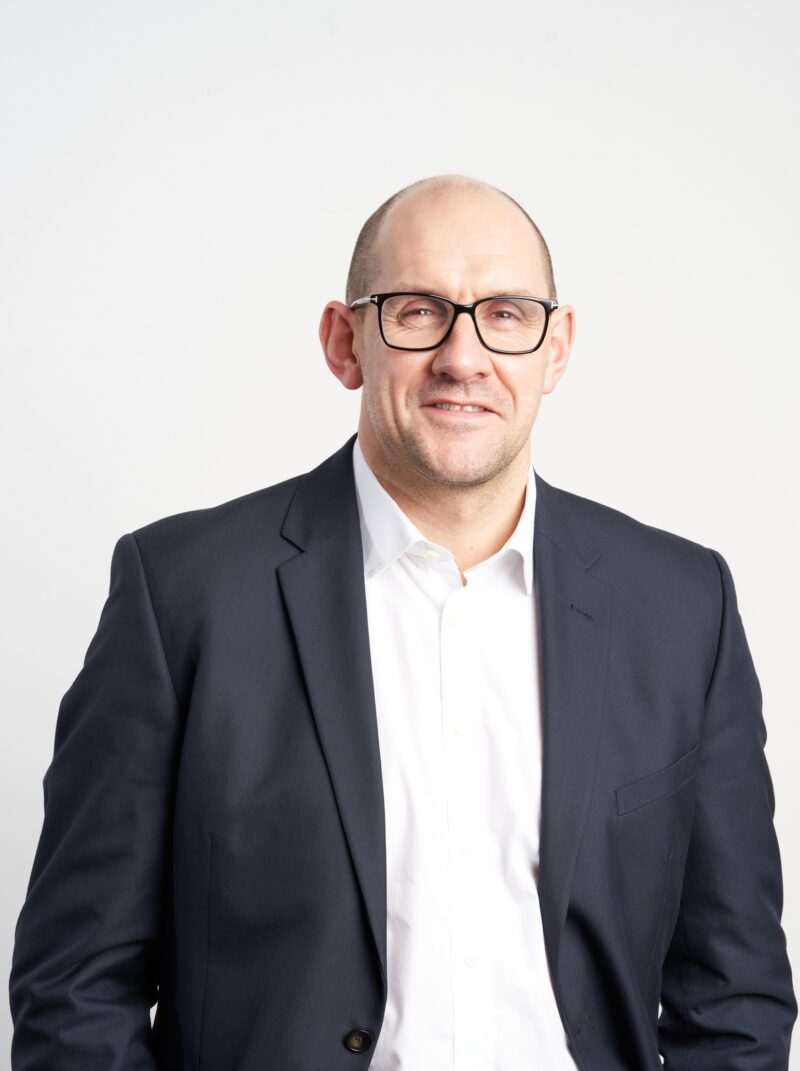
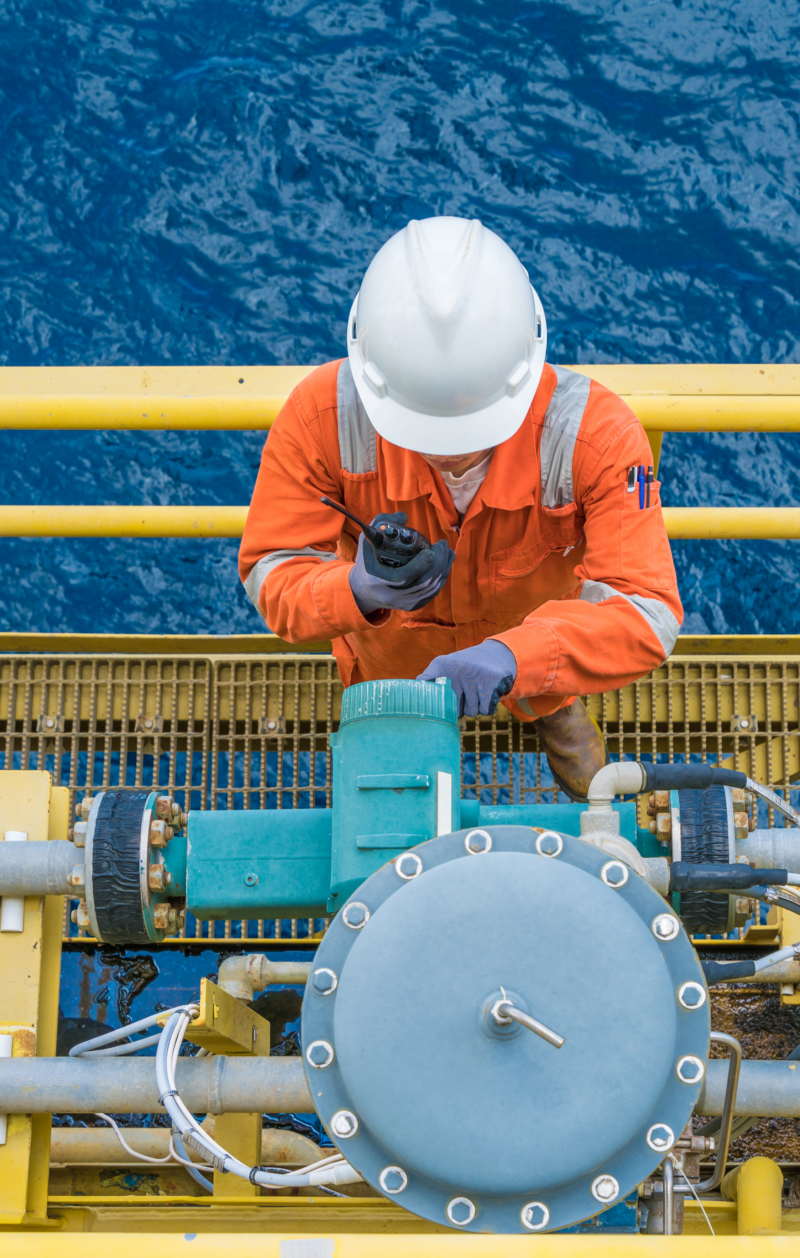
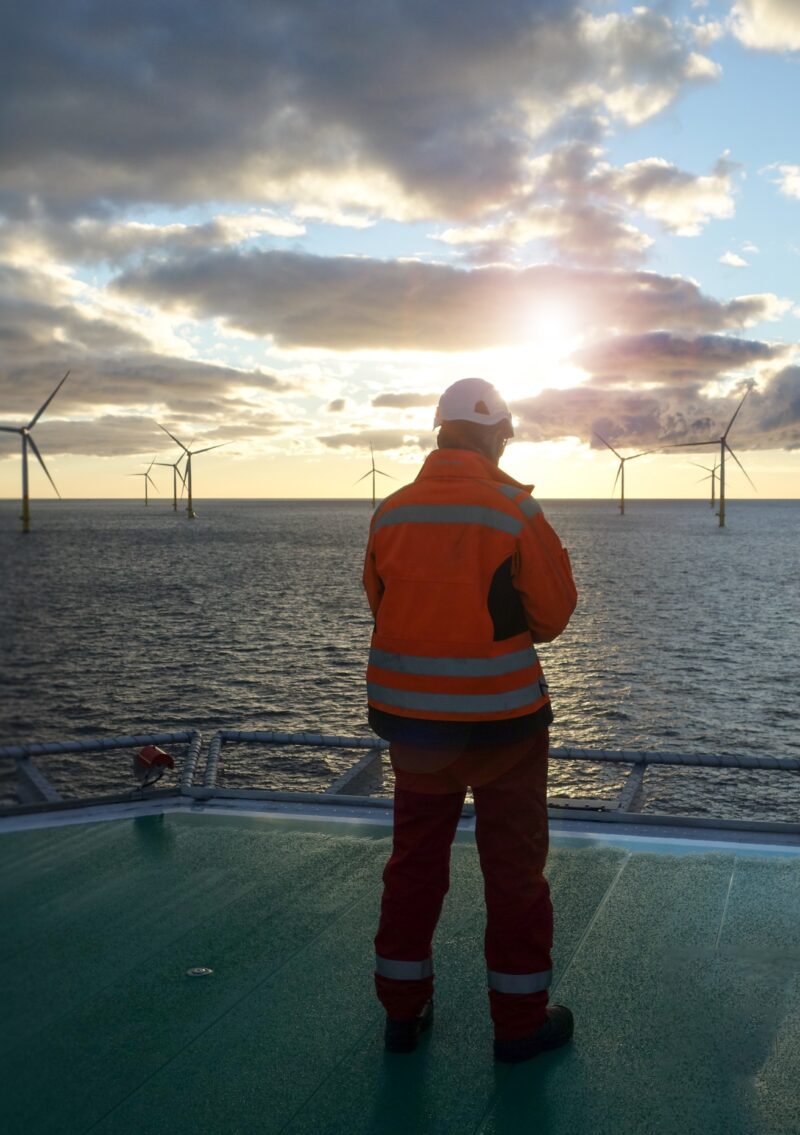

About you
Tell us a bit about your organisation (who are you, where do you operate)
PD&MS has been engineering solutions in the energy industry and beyond since 2002. More than 20 years on, our ability to combine innovative ideas with technical expertise still sets us apart. A flexible, full-service provider committed to supporting the energy transition, we deliver high-quality project work across the entire lifecycle of assets within the oil and gas, renewables and nuclear sectors. Our adaptable know-how and transferable skills are engaged in various adjacent fields too, whether that’s marine and manufacturing concerns, or help for pharmaceutical and defence clients. But whoever we work with, it’s the energy, professionalism and purpose of our people that really makes the difference.
What is keeping you busy currently? What large projects are you working on?
We have a wide and diverse portfolio of energy clients both UK and internationally where we are providing services across all stages of the asset development lifecycle. Within our conventional energy portfolio we are delivering capital projects as well as late life optimisation, decarbonisation and decommissioning projects. We also have a rapidly expanding portfolio of renewable energy clients, within offshore wind we are delivering multi-discipline front end engineering services for new developments as well as construction, commissioning and operations and maintenance across existing framework contracts. We also provide consultancy services to our clients in early stage concept developments for CCS and Hydrogen. As part of our energy diversification strategy we also provide engineering and project management services to energy from waste projects such as pyrolysis and anaerobic digestion.
What are some of the opportunities/challenges you see for your organisation in the future?
The workforce shortage across all sectors is a big challenge, but it also presents a great opportunity for those looking to upskill, those with transferable skills or those just starting in their career path. The energy sector is going to look very different over the next 10 years and beyond and the biggest opportunity for us is being able to create an all-energy workforce with the connected competencies and capabilities to support the short to medium term energy security objectives and long-term energy diversification agenda.
How would you describe the company culture? Do you have any specific shared values?
PD&MS firmly believes in a work culture in which: individual differences are a source of collective strength and pride; everybody can perform to the best of their abilities and on a level playing field; and all colleagues feel they’re part of our team and their voices will be heard. We are also driven to ensure that our business activities are conducted in socially responsible, morally acceptable and sustainable ways.
These aspirations relate closely to our Corporate Social Responsibility and ESG commitments – and we’re using the United Nations’ Sustainable Development Goals (SDG) to underpin our efforts in this space. The subsequent goals we’ve created will be achieved through the type of work we do and the sectors in which we participate, as well as positive outcomes via the culture and policies that we encourage and establish in our business. Collectively our culture, values and aspirations are at the core of our business and support our journey to a more sustainable, net-zero future.

About your OEUK membership
As an organisation how is OEUK membership helping your business?
Both PD&MS, and our subsidiary Optimus Plus (Aberdeen) Limited, have been engaged with OEUK for a number of years. Utilising your extensive network as well as the excellent working groups and committees has allowed us to network not only with our potential customers but to be kept abreast of the changes within the sector. OEUK is also a voice that helps to promote and support the industry, something which is excellent for us.
Which OEUK event did you most enjoy and why?
Our team attended the Offshore Decommissioning conference at St Andrews in November. There was excellent attendance at the conference from all levels of the industry including operators, regulators, supply chain and academia sharing key learnings on the critical issues and opportunities within the decommissioning industry. It was an excellent event for us in that it gave us a platform to discuss our key services with operators and how we could support them on their decommissioning journey with a focus on cost reduction and reducing carbon emissions.
OEUK has over Fourteen Forums, which forum do you attend and what do you like most about that particular forum?
The Energy Transition Forum, I find this particularly insightful for not only communicating the main industry objectives for transitioning to a low carbon economy through supporting the development of UK CCUS and Hydrogen policy, the forum also promotes the role of the offshore oil and gas industry and how the expertise and infrastructure of the oil and gas sector will make a huge contribution to an effective energy transition.

Future of the industry
What are the biggest net zero changes you have seen in our industry?
The biggest positive change in industry in recent years is undoubtedly The North Sea Transition Deal, with the UK’s oil and gas sector and government working collaboratively to deliver the skills, innovation and new infrastructure to decarbonise North Sea oil and gas production as well as other carbon intensive industries. The deal will support a successful transition for conventional energy communities retaining jobs and skills and creating a diverse and inclusive workforce.
How do you see the industry looking in 20 years?
There is huge potential to create a zero carbon UK offshore energy industry through an integrated energy system. The UK offshore energy sector with experience forged over 5 decades used in partnership with transformational low carbon technologies can be used to create a unique integrated net zero energy system. Hydrocarbon production will continue for decades to come and this is essential for energy security to provide safe, secure and reliable power for industry, to heat homes and enable travel, however the focus will shift to decarbonising operations. Fixed and floating offshore wind will be central to a UK net-zero offshore energy sector and there are huge opportunities to be innovative with emerging energy solutions such as CCS and Hydrogen technologies. The established UK energy ecosystem of existing offshore infrastructure, supply chain workforce skills, expertise and capabilities can lead the global drive toward net-zero.
How is your organisation driving the transition to net zero?
Delivering the goals of the North Sea Transition Deal and balancing net-zero with energy security is a hugely exciting prospect. To deliver a secure and sustainable integrated energy system will require a flexible and adaptable workforce. The PD&MS Group drive towards net-zero is focussed on creating an energy workforce with the diverse range of skills, experience and connected competencies across the full development lifecycle to deliver oil and gas, offshore wind, CCS and Hydrogen projects as well as complimentary onshore technologies such as solar, wind and energy from waste. In addition to growing and developing our existing oil and gas talent base we are also promoting diversity of knowledge and experience with recruitment from adjacent engineering and manufacturing industries. We have also created entry routes for graduates and trainees with industry recognised training and development frameworks tailored to suit the emerging needs of an evolving integrated energy industry.
Find out more

